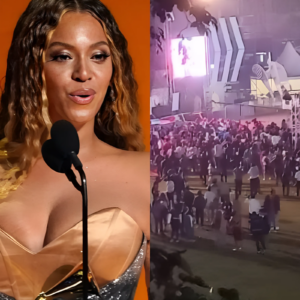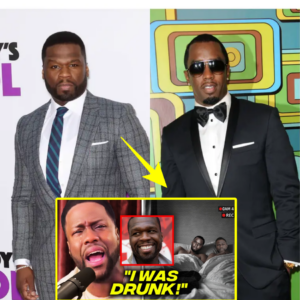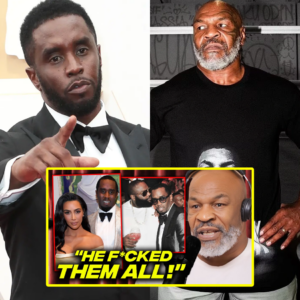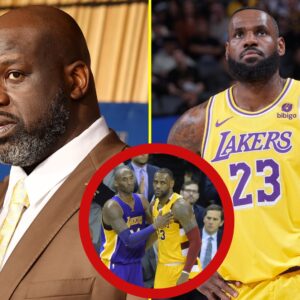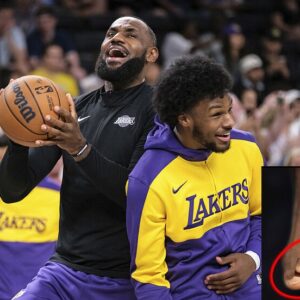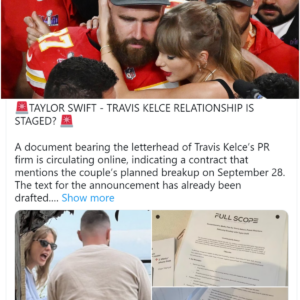In recent times, the spotlight has shifted to Cat Williams as he unleashed a barrage of criticisms aimed at Chris Rock, accusing him of being a Hollywood puppet. This controversy has sparked a heated debate within the comedy community, delving into the complexities of fame, industry pressures, and the authenticity of comedians. To truly understand the roots of Cat Williams’ critique, it’s essential to delve into the broader context of the comedy industry.

Both Cat Williams and Chris Rock have navigated the complex terrain of fame, but their approaches and experiences differ significantly. Williams, known for his raw and unapologetic comedy, challenges societal norms and speaks truth to power. In contrast, Rock has found success through a combination of sharp social commentary and mainstream appeal.
The term “Hollywood puppet” carries weight within the entertainment industry, implying that an artist has become a mere tool for the industry’s interests, compromising their original voice and integrity. Williams’ accusation against Rock suggests that the latter has succumbed to industry pressures, sacrificing the raw authenticity that initially propelled him to stardom.
The critique raises questions about the fine line comedians tread when balancing commercial success with maintaining their unique voice and perspective. The entertainment industry, particularly Hollywood, is notorious for its demands and pressures on artists to conform to certain standards. Comedians, in particular, often find themselves at a crossroads, balancing the desire for mainstream success with the risk of diluting their original comedic voice.
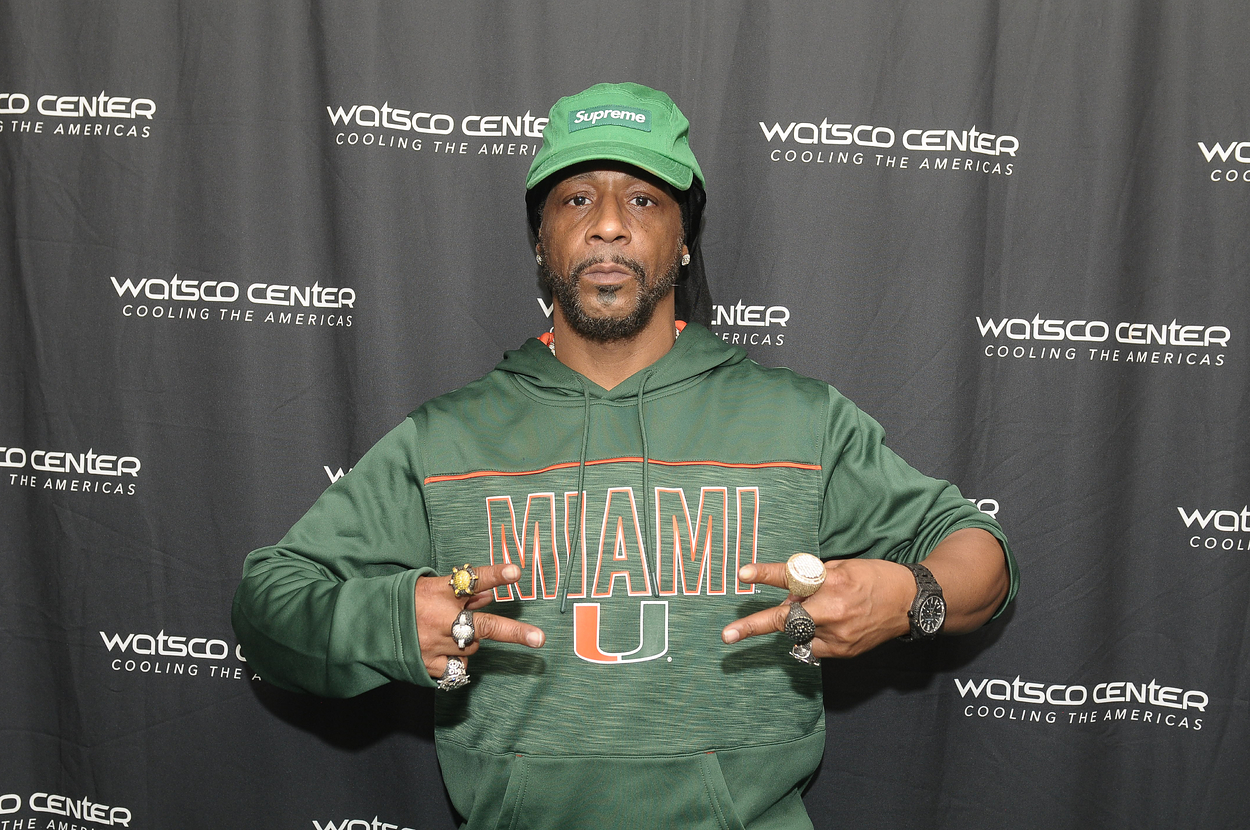
In the aftermath of Cat Williams’ scathing critique, the comedy community awaited Chris Rock’s response. Rock acknowledged the industry realities that comedians face, discussing the fine balance between artistic integrity and commercial success. He emphasized the importance of longevity in the industry, suggesting that comedians must adapt to changing times while staying true to their core comedic identity.
Rock refrained from engaging in a direct back-and-forth with Cat Williams, instead focusing on the broader dynamics at play in the entertainment industry. His response opened a window into the complexities that comedians, especially those who have achieved widespread fame, grapple with in their careers.
Meanwhile, Cat Williams has experienced a considerable amount of drama in his career, known for his candid expression of feelings, particularly when it comes to his fellow comedians. He has engaged in comedic feuds with several comedians, including Kevin Hart and now Chris Rock.
Williams’ critique of Rock also involves discussions about cancel culture, with Williams maintaining that it is non-existent, while Rock acknowledges its existence and contends that it is adversely affecting comedy. This difference in perspective adds another layer of complexity to the conversation about comedy, political correctness, and the responsibilities of comedians in navigating diverse cultural landscapes.
The clash between Cat Williams and Chris Rock brings to the forefront a crucial question: how does fame impact the authenticity of comedians? Williams’ accusation implies that Rock, despite his undeniable talent, may have sacrificed a degree of authenticity for commercial success. This resonates with a broader conversation about the challenges artists face when balancing their craft with the demands of an industry that often favors marketability over raw authenticity.
Comedic authenticity has been a hallmark of Cat Williams’ career, while Chris Rock’s journey reflects a blend of social commentary and mainstream appeal. The accusation of being a Hollywood puppet raises questions about the expectations imposed on comedians by the industry, the pressure to conform to certain standards, cater to a broader audience, and align with prevailing trends.
In conclusion, the clash between Cat Williams and Chris Rock underscores the enduring dynamism of the comedy world and the personalities that inhabit it. It prompts reflection on the broader themes of comedic evolution, the impact of fame on artistic integrity, and the role of social media in shaping public narratives. Whether this clash leads to a resolution or becomes a lasting chapter in the annals of comedic feuds, it highlights the complexities of navigating fame and authenticity in the comedy industry.
News
Diddy LEAKS Disturbing FOOTAGE Of Beyonce & Jay Z | New EVIDENCE Revealed
The unfolding drama involving Diddy, Jay-Z, and Beyoncé has captivated audiences worldwide. Allegations of scandalous tapes, federal raids, and personal vendettas have dominated headlines, leaving fans shocked…
Tiffany Haddish SHADES Jennifer Hudson For Stealing Common From Her
Tiffany Haddish is making it abundantly clear that she’s not thrilled about comments on new relationship with Jennifer Hudson. She threw some major shade at Jennifer, hinting…
Breaking: Beyoncé’s “Cowboy Carter” Tour Sees Lackluster Ticket Sales, “Only 1500 So Far”
In a surprising twist of fate, Beyoncé’s highly anticipated “Cowboy Carter” tour has encountered a lackluster start, with only 1500 tickets sold for its opening night. This…
“Blue ivy is pregnant” Cardi b Exposed truth about the pregnancy on live TV show says CONGRATS
Welcome to CB Gossip, your go-to source for all the juiciest entertainment news. Don’t forget to hit that subscribe button and ring the bell for more updates….
Kevin Hart FREAKS OUT As 50 Cent LEAKS New Video Of Him & Diddy..
Absolutely, let’s delve deeper into these issues. It seems like there’s a plethora of speculation and rumors surrounding celebrities and their connections to Diddy’s controversial activities. From…
Mike Tyson EXPOSES Members Of Diddy’s S3X CULT..
Unveiling Diddy’s Troubles: A Deep Dive into Allegations and Controversies In recent years, Sean “Diddy” Combs, the rap mogul and entrepreneur, has found himself embroiled in a…
End of content
No more pages to load


